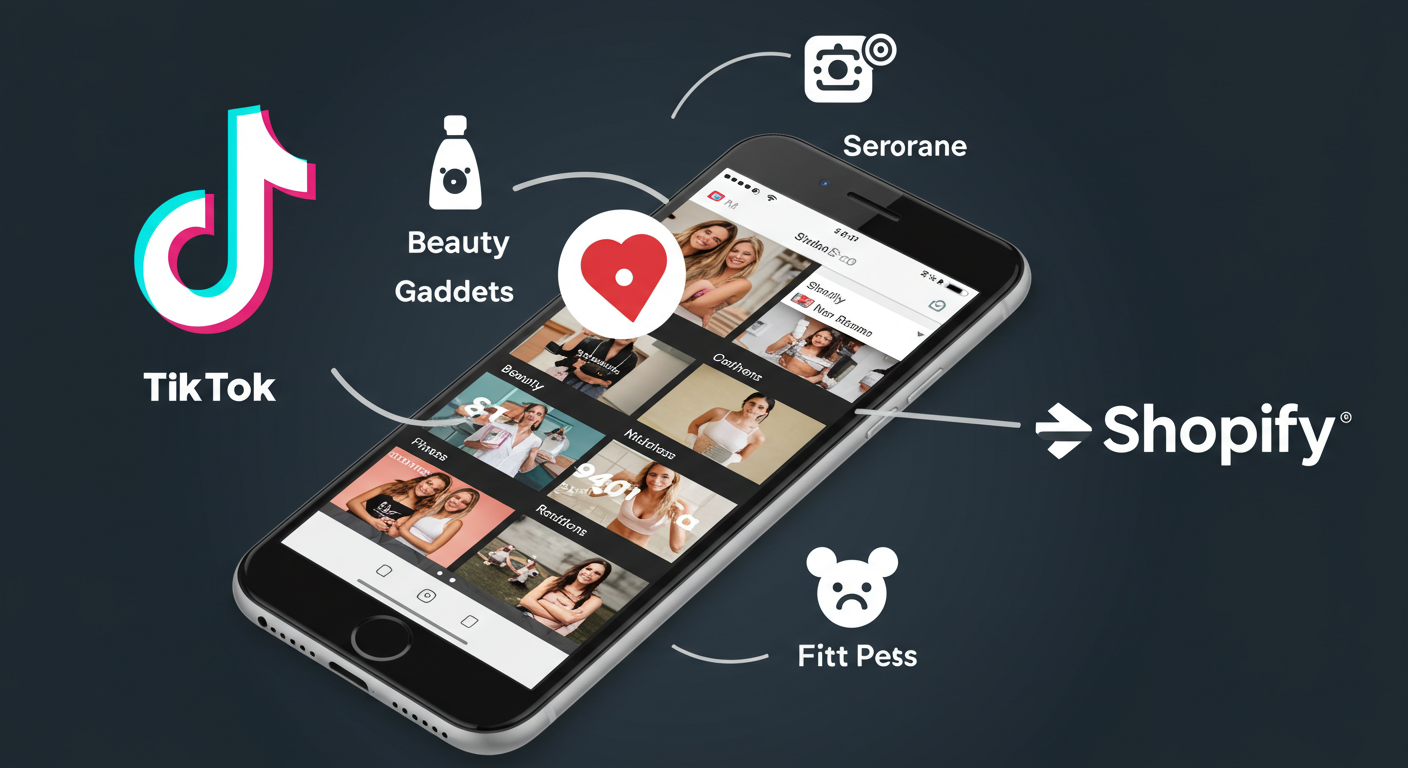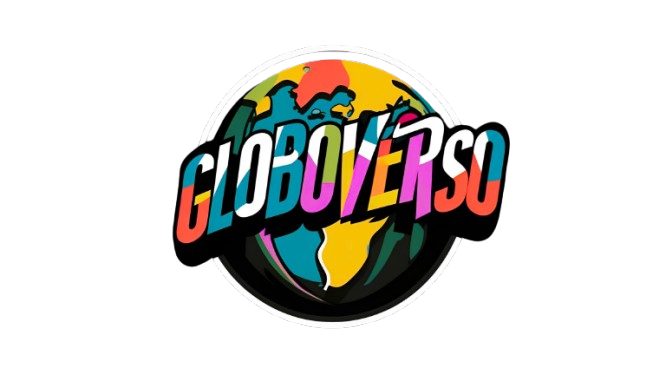Working from home sounds easy: pajamas, fresh coffee, no traffic. But anyone living the remote work life knows the real challenge isn’t the bed next door — it’s surviving the ocean of notifications, endless browser tabs, and tasks that never end. This is where digital minimalism steps in to save the day.
It’s not just about deleting apps — it’s about clearing the excess: too much information, constant interruptions, and distractions. It gives you back time for what really matters: working with focus, having a personal life, and caring for your mind.
Your Space Speaks: Does It Help You or Sabotage You?
Your environment shapes your behavior — that’s not a motivational quote, it’s neuroscience. Studies show that organized spaces can reduce stress and boost productivity by up to 20%.
If your desk is a mess, your brain wastes energy trying to ignore that pile of papers. And if you work from the living room with the TV on, there’s always the temptation to “just peek” at Netflix.
Expand: To strengthen your digital minimalism, invest in ergonomic furniture, natural lighting, and items with purpose. Even a simple plant on your desk can boost well-being and lower your heart rate. Let your workspace send the message: this is a place to focus, not to procrastinate.
Sabotaging Routines: Cut the Phantom Tasks
Without realizing it, many remote workers overload their schedules with irrelevant microtasks: duplicate WhatsApp groups, meetings with no agenda, reports no one reads.
Studies suggest the average professional loses around 4 hours a week in unnecessary meetings.
Expand: Pause and ask: Is this essential? Learn to prioritize tasks by impact: try the Eisenhower Matrix or the “Less but Better” method.
Set fixed time blocks for your key tasks. Cut down on constant email checking: reading everything instantly kills your focus. And remember: saying no is a form of productivity — make room in your mind for what truly matters.

🔕 Invisible Notifications: Silence Means Freedom
Every “ping” on your phone is like a mosquito in your ear: small but unbearable. Research from UC Irvine shows digital interruptions make your brain take almost half an hour to recover its original focus level.
Expand: Apply filters: keep notifications only for emergencies or key contacts. Turn off previews to reduce curiosity. Use “Do Not Disturb” mode with scheduled hours.
If your job has urgent demands, tell your team: “My response hours are X and Y.” That way, you train your coworkers to respect your flow. Want extra help silencing distractions? Check out our guide on the Best Apps and Tools to Manage Screen Time and Boost Productivity. Result: less anxiety, real productivity
Minimalist Agenda: Could That Meeting Be an Email?
Endless meetings kill productivity. According to Harvard Business Review, 71% of professionals say inefficient meetings distract them more than any social media.
Expand: Try stand-up meetings: short, standing, with a clear agenda and timed. Record meetings for those who can’t join to avoid repeating the same info.
Use asynchronous collaboration tools like Notion or Trello. This way, information stays accessible without endless chatter. And have the courage to decline meetings that don’t require your presence — that shows focus and respect for your own time.
🧘♂️ Body & Focus: Micro Breaks Save Lives (and Backs)
Sitting for eight straight hours isn’t productivity; it’s a recipe for serious health problems. A real medical case of a programmer with carpal tunnel syndrome proves it: your body demands its due.
Expand: Take breaks of 5–10 minutes every 50–90 minutes. Stretch your neck, wrists, and back. Try breathing exercises to reset your mind.
Add micro physical activities to your day: walk around the house, stretch at your desk, or swap your chair for a Pilates ball for 15 minutes. This helps your body breathe and your brain refresh — so you come back sharper.
🚀 Future-Proof Careers Driven by AI: Human Skills, Free Courses, and Family Learning
🌍 Sustainable Trends, Smart Home AI and Pet Well-Being 5.0: Your Complete 2025 Family Guide
Micro-Transitions: Close the Office Without Leaving Home
People working from home often struggle to “switch off.” It’s common to finish the day feeling like nothing’s done — because you never mentally “closed the office door.”
Expand: Create opening and closing rituals. For example, change your work clothes (even if it’s from pajama #1 to pajama #2), play a song to wrap up, or take a quick walk around the block.
These micro-moments train your brain to get the message: the workday is over. This helps you avoid digital burnout and keeps your mental energy fresh for the next day.
Weekly Detox: Digital Decluttering is Therapy
Imagine your folders are drawers in your mind: the messier they are, the harder it is to find what matters.
Expand: Every Friday, spend 20 minutes deleting useless files, clearing downloads, and organizing your desktop.
Unsubscribe from newsletters you don’t read, mute unproductive groups, and uninstall apps you don’t use. This weekly “cleaning” prevents the buildup of digital clutter that drains your focus and spikes your anxiety.
Fewer irrelevant files, clearer mental space.
📱 Social Media: From Villain to Ally (In Moderation)
You don’t have to become a digital hermit. But you don’t have to be a slave to the infinite feed either.
Expand: Install feed-blocking extensions like News Feed Eradicator. Set fixed slots (like 15 minutes after lunch) to check social media.
For work, use lists or private groups to filter relevant content. This way, your brain doesn’t get bombarded with memes and news that don’t add value.
Social media is a tool — you decide if you’re the user or the product.
👨👩👧👦 Family, Pets & Home Office: The Big Balance
Sharing space with family and pets is wonderful — but noise, interruptions, and parallel demands can kill your focus.
Expand: Set clear agreements: quiet hours, shared spaces, and breaks for interaction.
For pets, puzzle toys or short walks help avoid attention-seeking every 10 minutes.
Include quality offline moments: have lunch away from your laptop, talk face to face. This helps everyone understand there’s a time to work — and a time to really live together.
🤝 Digital Vulnerability: Saying “No” is Productive Too
Many people think saying no is rude, but in digital minimalism, it’s essential.
Expand: Learn to communicate your limits firmly but kindly. Use phrases like “I need to prioritize another task right now” or “I can help after 3 pm.”
If you work on a team, set communication rules: after-hours emails aren’t urgent, instant replies aren’t mandatory.
Being clear prevents misunderstandings, protects your time, and teaches people to respect your focus journey.
“If opening 20 tabs counted as productivity, the browser would be CEO.” 😂
So, what’s your favorite strategy for staying focused and sane while working from home? Share your best tips in the comments!








